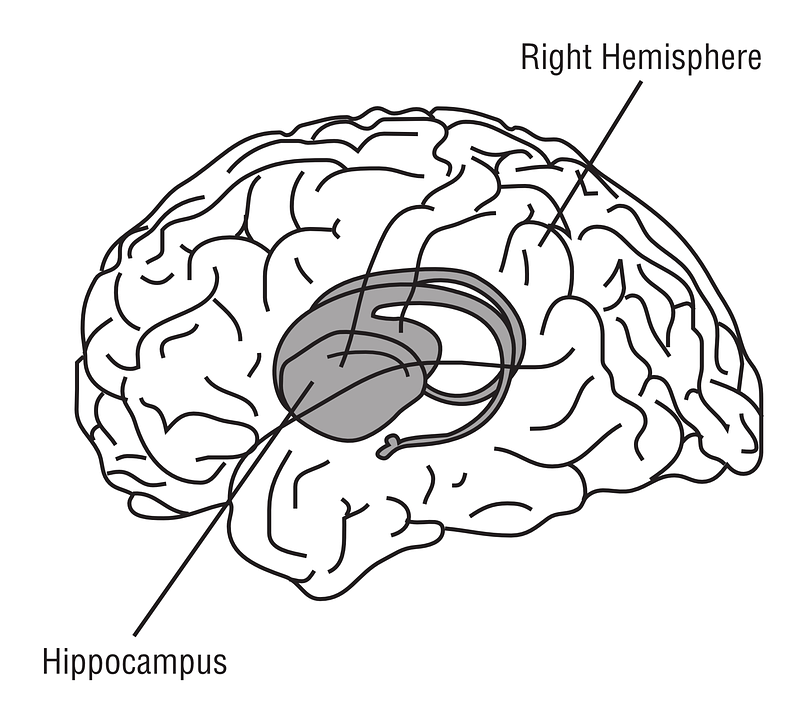
I recently realized that I can't actually remember what I did the last two months. The two months that were mostly spent at home in my room because of the Corona crisis. Of course, if I thought hard enough, I could find important events or work I did in this time. But it used to be so much more vivid in my memory in the pre-Corona era. So what changed?
Now as it happens I am currently learning some fundamentals of neuroscience by reading Cognitive Neuroscience: A Very Short Introduction. This led me to a scientific explanation for this "memory loss": Our episodic memory (opposed to semantic memory, e.g. "Berlin is the capital of Germany") is mainly retrieved by the hippocampus which uses the spatial context of the event as a key to it. So because the spatial context of almost all my memories is my room, it is hard to retrieve them. Even if I had really intense moments when having a call with someone or coding for my thesis, they are now messy in my mind and hard to retrieve.
Of course, this explanation was intuitive even without knowledge of the hippocampus, but it still helpful to draw such connections when diving into a new subject.

Spatial context is somewhat relative. A website, app or different places in a video game can be places too. I can confirm that when I have vivid memories from my past gaming experience, it is tightly connected to some place (landscape, rooms etc.) in that game. So our brains can adapt in this way. But I don't game anymore and now that most of my time is spent on different websites, IDEs or in books, it becomes painfully clear that our brain hasn't made that step yet: To encode a e.g. a website or text as a spatial context.